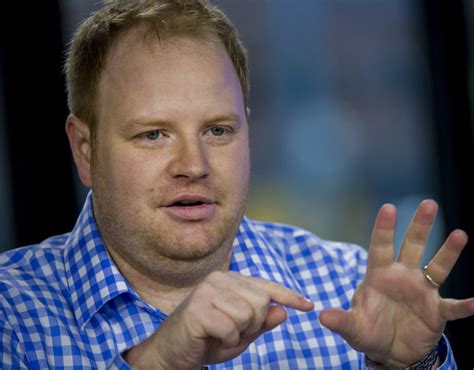A Quote by Steven Chu
Somehow we have to figure out how to boost the price of gasoline to the levels in Europe.
Related Quotes
Say that Congress legislates gasoline price controls that sets a maximum price of $1 a gallon. As sure as night follows day, there'd be long lines and gasoline shortages, just as there were in the 1970s. For the average consumer, a $1.60 a gallon selling price and no waiting lines is a darn sight cheaper than a controlled $1 a gallon price plus searching for a gasoline station that has gas and then waiting in line. If your average purchase is 10 gallons, and if an hour or so of your time is worth more that $6, the $1.60 a gallon free market price is cheaper.
No one else writes like Gord Downie, so it's difficult to compare him. He can work in the abstract and still somehow be really specific. He lets parts of his consciousness in that most writers aren't able to do, myself included. I don't feel like I have that access to the surreal and the somehow beautifully meaningful non-sequitur - that fits perfectly. I can never figure that out, how he does that.
I do believe that oil production globally has peaked at 85 million barrels. And I've been very vocal about it. And what happens? The demand continues to rise. The only way you can possibly kill demand is with price. So the price of oil, gasoline, has to go up to kill the demand. Otherwise, keep the price down, the demand rises.
It's a lot easier to figure out how to scale something that doesn't feel like it would scale than it is to figure out what is actually gonna work. You're much better off going after something that will work that doesn't scale, then trying to figure how to scale it up, than you are trying to figure it all out.



































